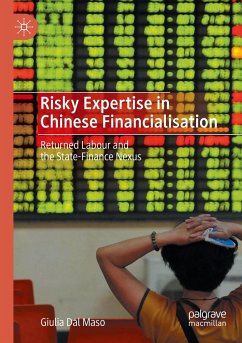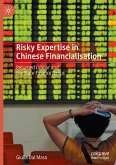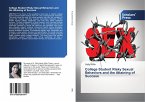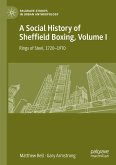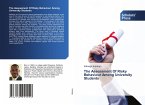This book focuses on the subjectivities of stock market investors to explore tensions within the Chinese state's engagement in contemporary financial capitalism. It adopts a genealogical method to investigate how the production of foreign-trained financial experts (haigui) and informal experts (sanhu) points to paradoxes in China's efforts to cultivate financial expertise. Chinese financialisation relates to the state's project of financialising human capital in reaction to a contractualised labour market and the vanishing welfare state. Through ethnographic inquiry, Dal Maso shows the Chinese stock markets are crucial to the new redistributive regime where wage labour risks losing its primacy. Here, one can observe how the relationship between money and wages in China is being reworked and witness the development of a new economic order in which the state's legitimacy becomes increasingly dependent on its capacity to jiushi-to rescue the market in times of crisis.
Bitte wählen Sie Ihr Anliegen aus.
Rechnungen
Retourenschein anfordern
Bestellstatus
Storno

